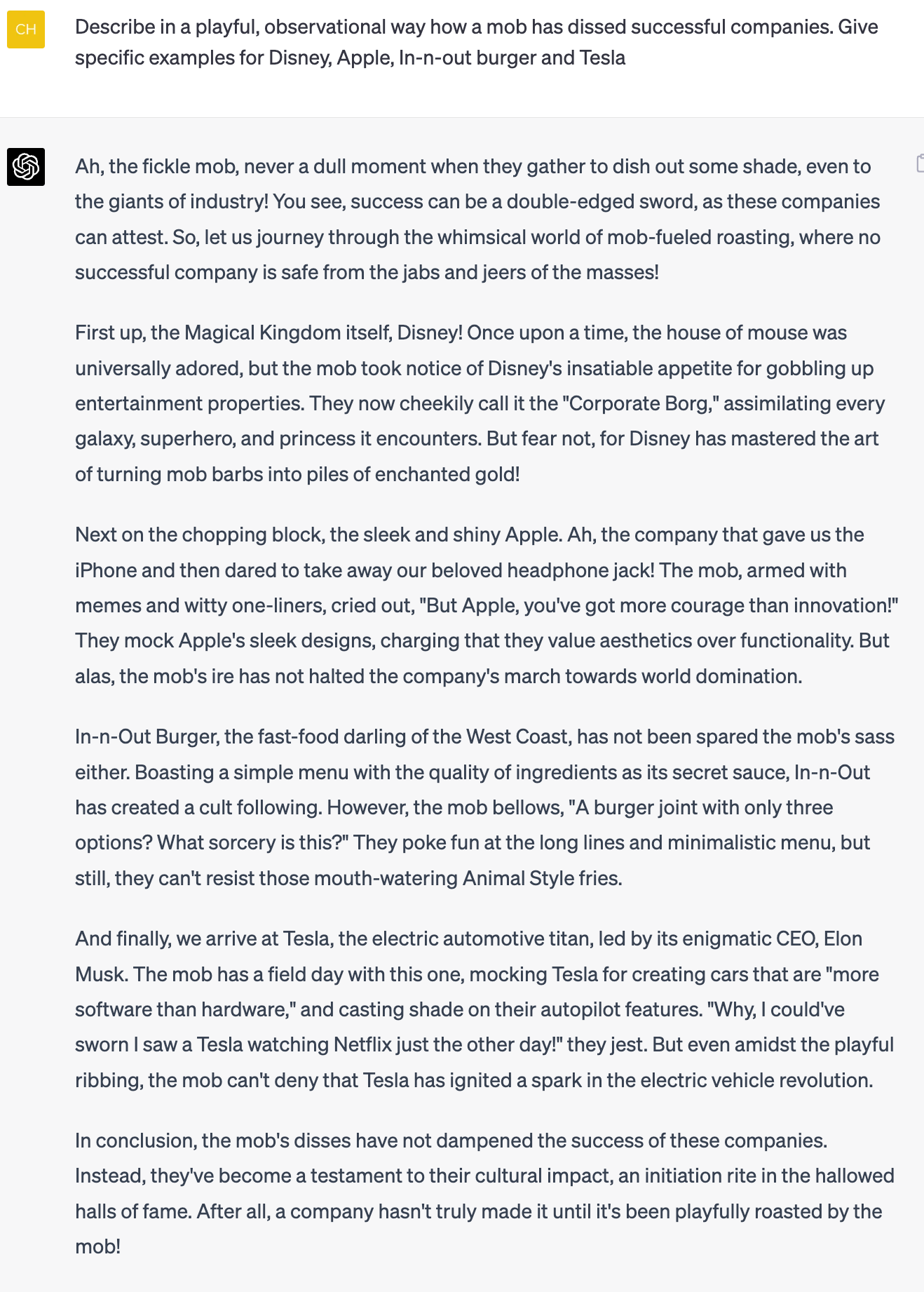What IKEA taught me
Dear David,
This substack wouldn’t exist without Write of Passage. I’m learning so much, even as I am retaking the class. I look forward to every one of your live sessions.
And that’s why I felt a twinge of discomfort when you compared bad writing with Ikea.
I delight in Ikea as much as you love all things Disney. I still recall my first visit to an Ikea store, it was an experience like no other furniture store. The idea of staging an entire bedroom or kitchen in a giant warehouse is so simple but transformational. It was so much easier for me to imagine living in one of those rooms. I felt the empathy Ikea had for its customers.
Just as Disneyland can evoke nostalgic childhood feelings, I recall my sense of pride and accomplishment the first time I moved into my very own apartment and decided on the furnishings myself.
A good user interface is often described as one that disappears, where the user is not even aware of the UI. I view good writing from this lens too. Good writing doesn’t have to be flowery or be filled with high falutin’ words. Instead good writing should be invisible to let readers focus on the ideas behind the writing.
Ikea furniture, to me, serves the same purpose. I don’t want my home to be a statement about my furnishings. I don’t need a gold toilet. I want furnishings in my home to be in the background supporting me to live my best life. The Scandinavian minimalist designs of Ikea do just that for me.
I also question the disparagement of “cheap, modular and convenient”. I love lego bricks and the creativity it opens up. As a programmer, composability and modularity are the tenets of elegant code.
OK, maybe that’s too geeky. Let’s look at writing. Being Chinese (which does not have an alphabetic language), I am even more in awe of how 26 simple building blocks can create endless beauty and complexity. And of course, which invention has influenced writing more than Movable Type? The genius and essence of Movable Type is that it is “cheap, modular and convenient.”
For sure, we should avoid clichés. But isn’t it a stretch to conflate overused words with Ikea? Editor Christin Chong, PhD rightfully criticized me for describing my guitar as “lying forlornly”. It was a bad cliché. It was not surprising. It didn’t add much value for the reader. But Ikea is all about value. To the millions who buy from Ikea, they offer the best value. And as an online writer, my aspiration is that you find value in my words.
I feel a certain wonder whenever I am assembling a piece of Ikea furniture. The same instructions are presented to people all over the world, many who don't even speak the same languages I do. And yet here we are all following those simple, and yet slightly befuddling diagrams and feeling that same pride of accomplishment when all is done. There is a certain shared universality and yet we will use the furniture in different ways woven into our unique lives. It's a similar sense of awe I get from Write of Passage.
There's a mimetic appeal to belittling what has become popular. A mean teen tendency to denounce anything of mass appeal as uncool. What is tragically lost is the understanding and beauty of how something like Ikea becoming is so rare and cool.
We live in a time of peace and abundance. Is it because new wonders, wealth and riches are created seemingly overnight that we are blindly dissing success? Think of our most popular brands, are we really mad that Disney assimilates culture like the Borg? Or that Apple has gotten rid of the headphone jack? Why is a $6 Iced Starbucks Blonde Vanilla Latte so objectionable?
It’s bad enough that we are objecting to something just because it’s popular. What is more subtle but equally insidious are the creeping rationalizations to justify this “popular is bad” vibe.
Cultural Appropriation is a good example. Humans learning from each other and catering to each other’s different desires is how civilization grows. I don’t feel my culture is being robbed in any way when Disney retells its story of Hua Mulan. I am filled with joy when an Ikea Dutch designer incorporates bamboo and rattan to produce his beautiful asian influenced JASSA series. However, in an age of memes and tiktok videos, it is easy to use the emotional hook of “big is bad” to make us view these acts of inventiveness negatively.
I am reminded of Write of Passage’s memorable catchphrase: Imitate, then Innovate. Innovation is hard. Instead of tearing down, let’s celebrate each attempt. Let's build upon the modular blocks that civilization has gifted us, and together construct more blocks that future generations can further stand upon.
Thank you Rick Lewis for inspiring this piece and prodding me to go further than I was comfortable. Thanks also to Alissa Mears Kirsten Corbett Ishan Shanavas Steven Foster Maria’s Substack Mikhail Turillin and John Cheong.









You reminded me of one of my favorite skits hahaha
https://www.youtube.com/watch?v=d1mbbYKPpHY
Great essay Chao! Loved your unique perspective. Way to stand up for a company you love!